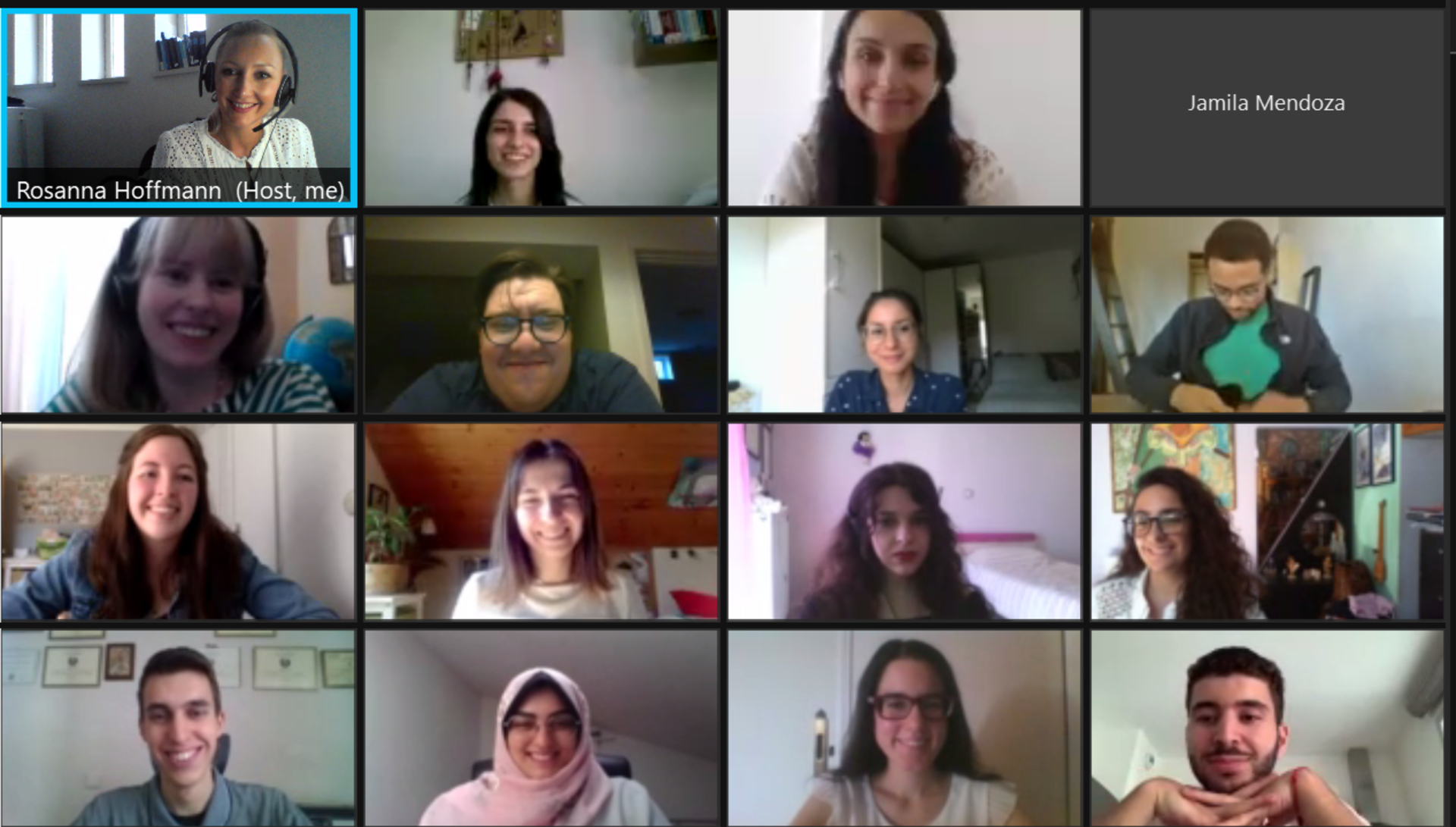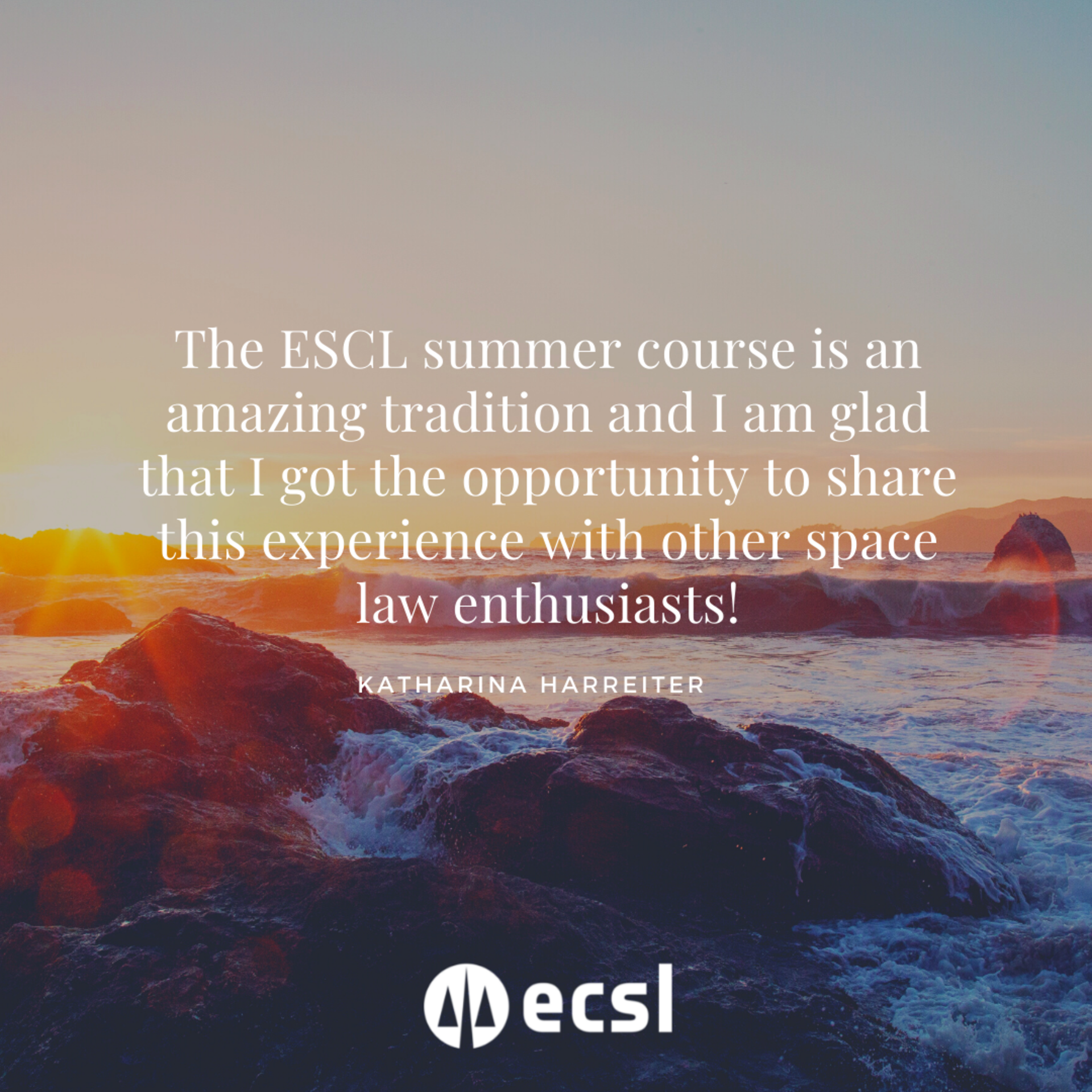Report from the 2021 ECSL Summer Course on Space Law and Policy
The 2021 ECSL Summer Course on Space Law and Policy was held in an online format to allow for a safe, yet interactive and educational course. It took place from 30 August - 3 September 2021, during which participants got the opportunity to get introduced to space law and policy related issues with lectures given by experts coming from all over the world. Participants not only had the opportunity to discuss current matters in breakout sessions with highly motivated tutors, but had to also themselves present a 10-minute presentation on a specific article or sentence from either binding or non-binding outer space documents.
The 29th edition of the Summer Course had 52 participants representing 22 countries from all over Europe and beyond. 7 expert tutors helped moderate the breakout sessions concerning "Is the OST outdated? Are there alternatives?" and "Living and digging on the Moon".
Due to the online format the Summer Course was shorter than in previous years, however, it was just as educational and interactive and provided an intense learning opportunity.
The topics covered were:
1. "The Outer Space Legislation" by Prof Stephan Hobe
2. "Agreement leading to the Moon" by Dr Marco Ferrazzani
3. "Space Resources: Utilisation and Use" by Ms Dorota Englender
4. "National Space Legislation in the Context of Art VI S 2 OST" by Ms Jenni Tapio
5. "Spaceflight and the Environment" by Mr Alexander Soucek
6. "Regulatory Issues of Launching and Operating Telecommunication Satellites" by Prof Philippe Achilleas
In the slider below, you can find statements made by student participants of the Summer Course 2021:
If you are interested in participating to the 2022 ECSL Summer Course, as a participant or tutor, more information about where, when and the application procedures will be announced in spring 2022.
More about the general selection criteria can be found here!







